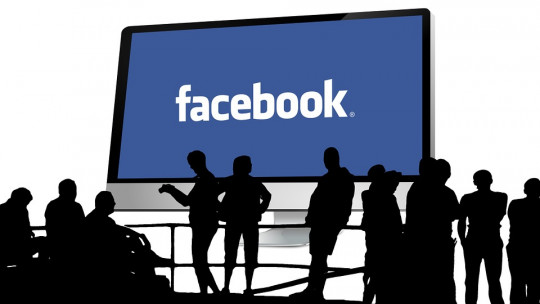
There has been much talk about whether the Internet and new technologies keep us isolated or not. It is natural, considering that the image of someone giving their full attention to a screen is very iconic and striking.
However, there is a debate that has opened more recently: can social networks like Facebook endanger our romantic relationships, regardless of whether or not we break the rules we have set with our partners?
Some research, such as that published in the journal Cyberpsychology & Behavior, points to the possibility that Facebook is acting as a driver of couple conflicts and episodes of jealousy that would not appear if this social network did not exist. Let’s see the reasons that can make this so.
The seed is insecurity, in social networks
Insecurity and poor self-image are, by themselves, ingredients that can lead to very intense couple crises The fact of not having too much confidence in oneself can also cause us to lose confidence in others, leading us to think that since they are above us, they will take advantage of the opportunities they have to deceive us.
In the case of relationships, the same thing can happen, but with an added problem: distrusting others and feeling insecure, and the stereotype of couple roles as a relationship dynamic in which one has to control the person one loves, can give rise to a false feeling that one has legitimacy to try to control the other person. Of course, this not only damages the relationship, but also leads to actions that threaten the couple’s freedom and causes suffering that cannot be justified.

Too much information?
What does Facebook have to do with this? Well, basically, this social network can be a enhancer of insecurity, anxiety and distrust.
On the one hand, Facebook floods us with information about the other person. Information that we probably would not have “discovered” in a context of face-to-face interaction with the other person, but that is also tremendously ambiguous, as it is not in context.
The fact of having a lot of information that is also insufficient to understand what it refers to, can be the bomb that detonates all the insecurities and promote mistrust, because forces us to mentally complete the incomplete data that comes to us.which doesn’t always lead us to pleasant conclusions. Somehow, the fact that the most pessimistic and alarming explanations entail greater excitement and emotional charge means that the friendlier hypotheses are overshadowed and lose prominence: they may be correct, but… what if they are not? ?
Some examples of couples that break up
In a study published in 2011 in Anthropological Quarterly you can see some examples of how insecurity and having incomplete information can lead to love conflicts. In this investigation, a series of interviews were carried out with several people who have declared that Facebook has been harmful to their relationships (some of them even deleting their profile on this social network for that reason).
Some of the answers given refer to photographs, which most of the time appear out of context to most people. This leads to thoughts along the lines of: “when and where was this photo taken with her?” or “why did he stand next to her to take the photo?” You can also think about the fact that the person in question still has her ex-partner added to her or interacts with some of her publications, and It can even cause anxiety to see that the other person knows and regularly interacts with someone they don’t know that we consider very attractive or attractive.
These are situations that do not in themselves lead to distrust, but can give rise to a dynamic that forces people to consider all options in order to fill in the missing information. And, as soon as the first explanation seems pessimistic, doubts already appear: rationality and Ockham’s razor have little power in the face of irrational fear.








